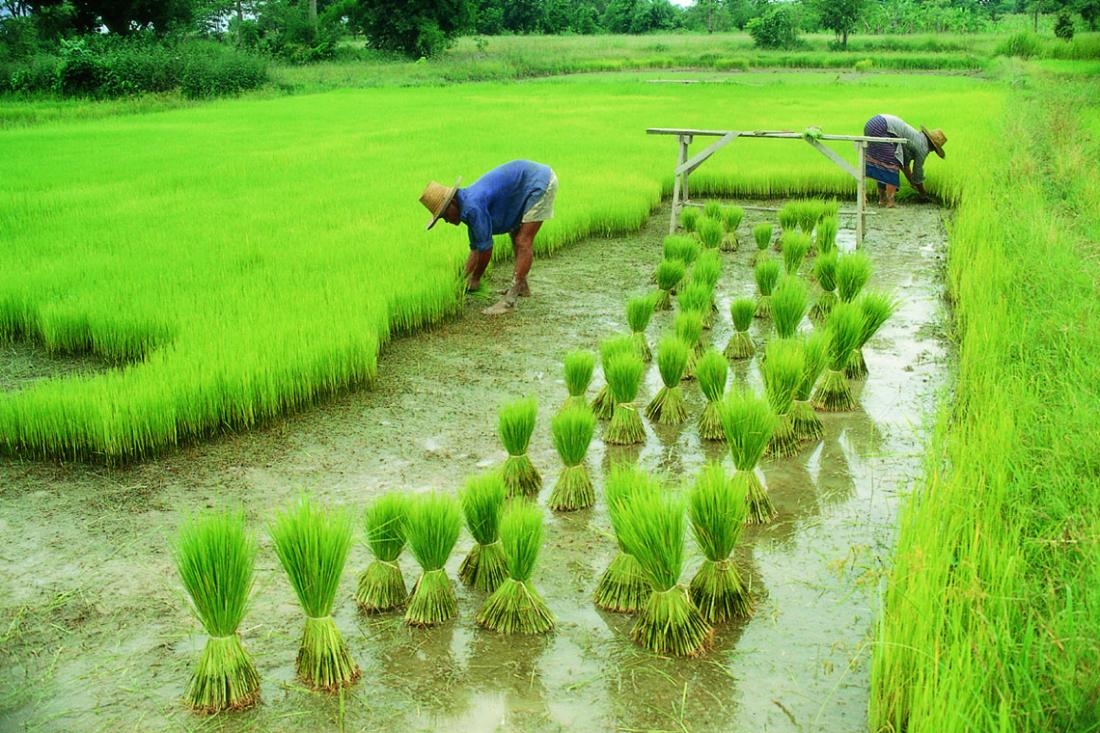Press release from Nature Scientific Reports.
Evolution: Prehistoric human populations prospered before the agricultural boom
DOI: 10.1038/srep00745
Major prehistoric human population expansions in three continents may have begun before the Neolithic period — around 15–11,000 years ago in Africa, from around 13,000 years ago in Europe and around 12–8,000 years ago in the Americas. The findings are published in Scientific Reports.
The development of agriculture facilitated extensive human population growths and activities, but whether these major expansions began before or after the Neolithic era, a period during which humans started to grow crops and domesticate animals, remains controversial. Agriculture is thought to have first developed in the Fertile Crescent of West Asia around 12–11,000 years ago, and was then developed independently over the next few thousand years in other regions. To compare global patterns of population growth, Li Jin and colleagues analyzed over 900 mitochrondrial genomes generated by the 1000 Genomes Project, representing 11 populations in Africa, Europe and the Americas. They identified the expansion lineages and were able to reconstruct the historical demographical variations. On all three continents, most of the major lineages coalesced before the first appearance of agriculture.
The data imply that major population expansions took place after the Last Glacial Maximum (the peak of the last ice age) but before the Neolithic period. The authors suggest that the milder climate after the Last Glacial Maximum may have offered a more amiable environment and may have been an important factor in prehistoric human expansions. The increase in population size was probably one of the driving forces that led to the introduction of agriculture, turning it from a supplementary food source to the primary one.
CONTACT
Li Jin (Fudan University, Shanghai, China)
E-mail: [email protected]



